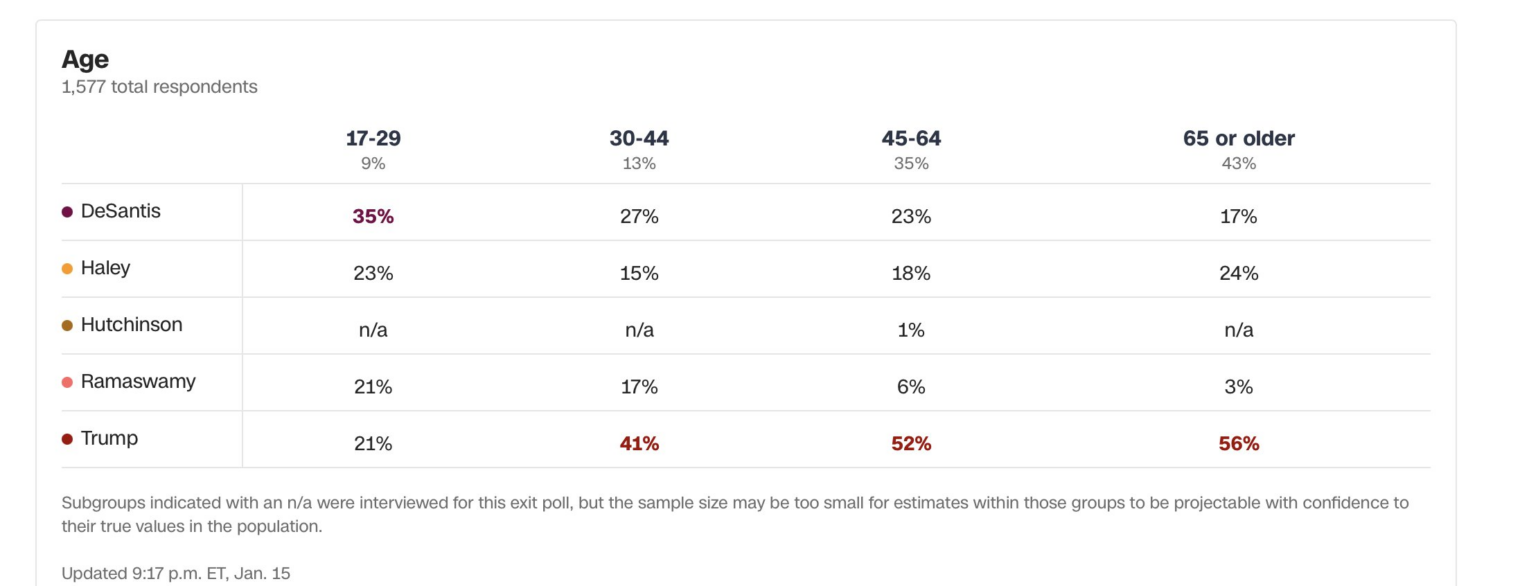Gerald Ford’s foreign policy challenges and the Houthi situation
An Ordinary Man: The Surprising Life and Historic Presidency of Gerald R. Ford covers a few mostly forgotten foreign policy challenges that Gerald Ford faced.
The Fall of Saigon in April 1975 was depressing, but people didn’t blame Ford for it.
One that lifted his reputation was a debacle by body count standard: the Mayaguez incident (May 1975). The Khmer Rouge seized a merchant vessel and its crew. The U.S. military rescue operation resulted in as many deaths among our soldiers as the number of crew members rescued. The American public was nonetheless happy to accept this as a victory and it boosted Ford’s approval rating substantially.
The U.S. gave the green light to Indonesian President Suharto to invade East Timor in December 1975, a former Portuguese colony, so long as the Muslim takeover of the Christian territory was done quickly. At least 100,000 Christians were killed, mostly via starvation, out of a total population of about 600,000. After decades of occupation and war, East Timor became a country in 2002. It’s fair to say, therefore, that Gerald Ford had a far larger impact on the Catholics of East Timor than he did on Americans.
Palestinians killed our ambassador to Lebanon, Francis E. Meloy Jr., in June 1976, and left his bullet-riddled body at a garbage dump. Having gone nuts with aggression in response to the kidnapping of the Mayaguez crew, none of whom were harmed, we didn’t retaliate.
The Mayaguez response included “Ford ordered the Air Force to sink any Cambodian boats moving between Koh Tang and the mainland” (Wikipedia). It’s unclear why we aren’t doing that with the Houthis. They’ve attacked U.S. warships as well as merchant ships. Why do we allow them any use of the ocean? We recently lost two Navy SEALs who were trying to board a ship:
This wouldn’t have happened under Ford’s orders because the ship would have been sunk by a plane or shell without being boarded.
Ford put a lot of effort into negotiating with the Soviet Union, but ended up with nothing to show for it. Ford and Henry Kissinger (later a Theranos board member… for three years!) spent a lot of time trying to take away from Israel territory won in the Yom Kippur War (a surprise attack by Egypt and Syria that, like October 7 for the Gazans, began well). Ultimately, Jimmy Carter could take credit for the peace treaty between Israel and Egypt (1979) and the SALT II agreement with the Soviets (1979; repudiated by the U.S. Senate after the Soviet invasion of Afghanistan).
The book is a good reminder that we’re not the boss of the rest of the world and nobody listens to us unless we present a credible threat of carpet bombing with B-52s.
Full post, including comments
















